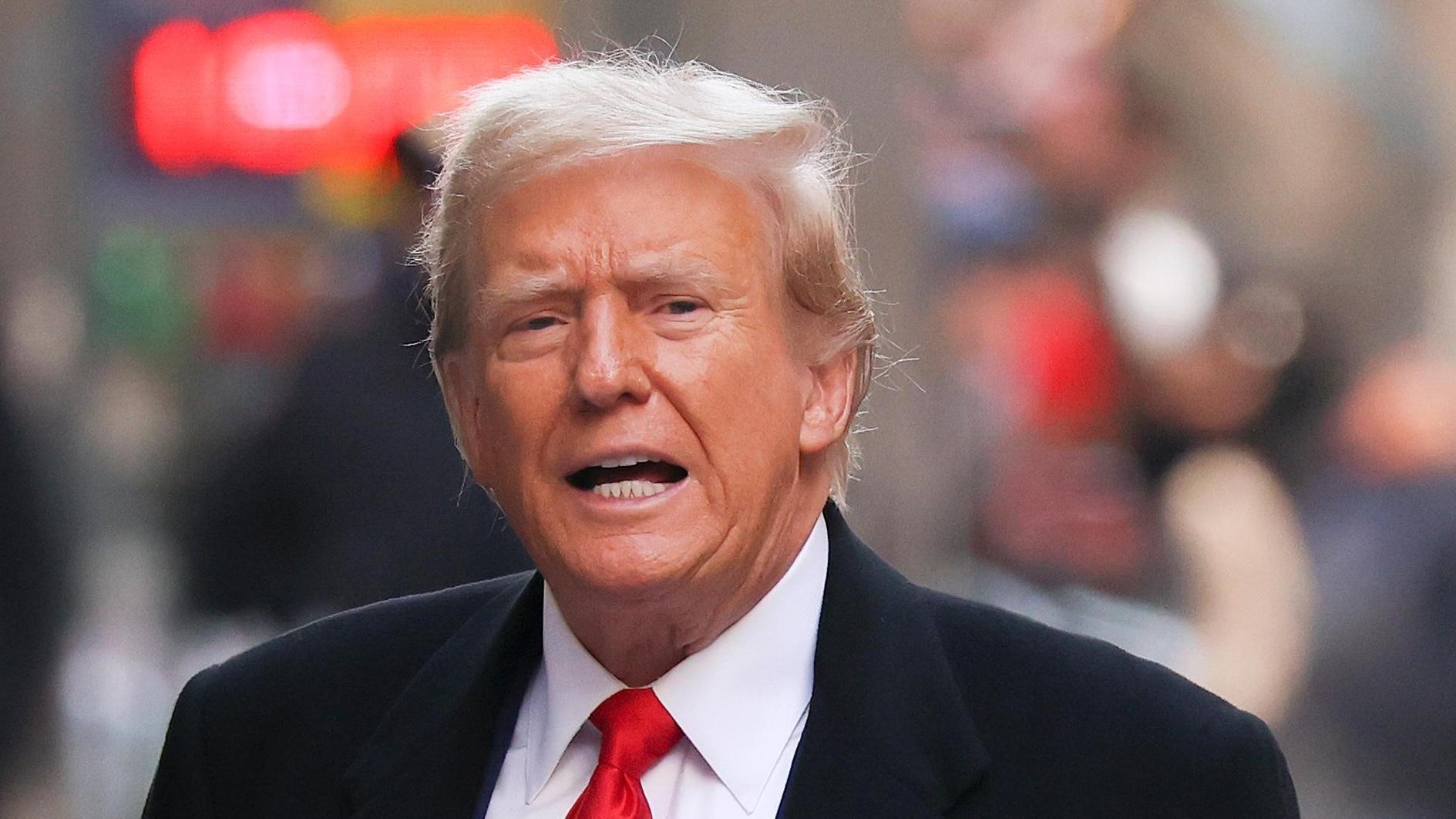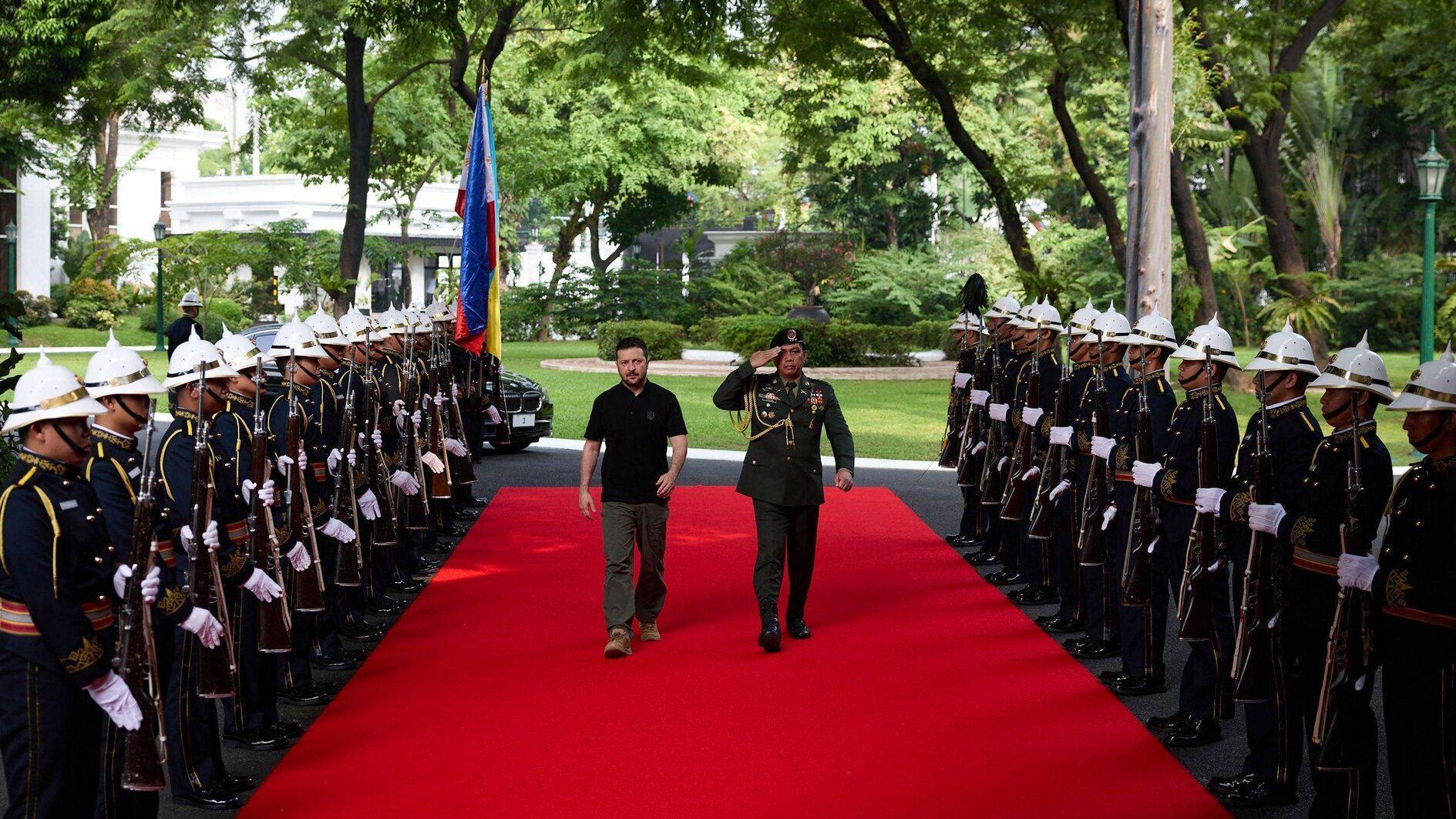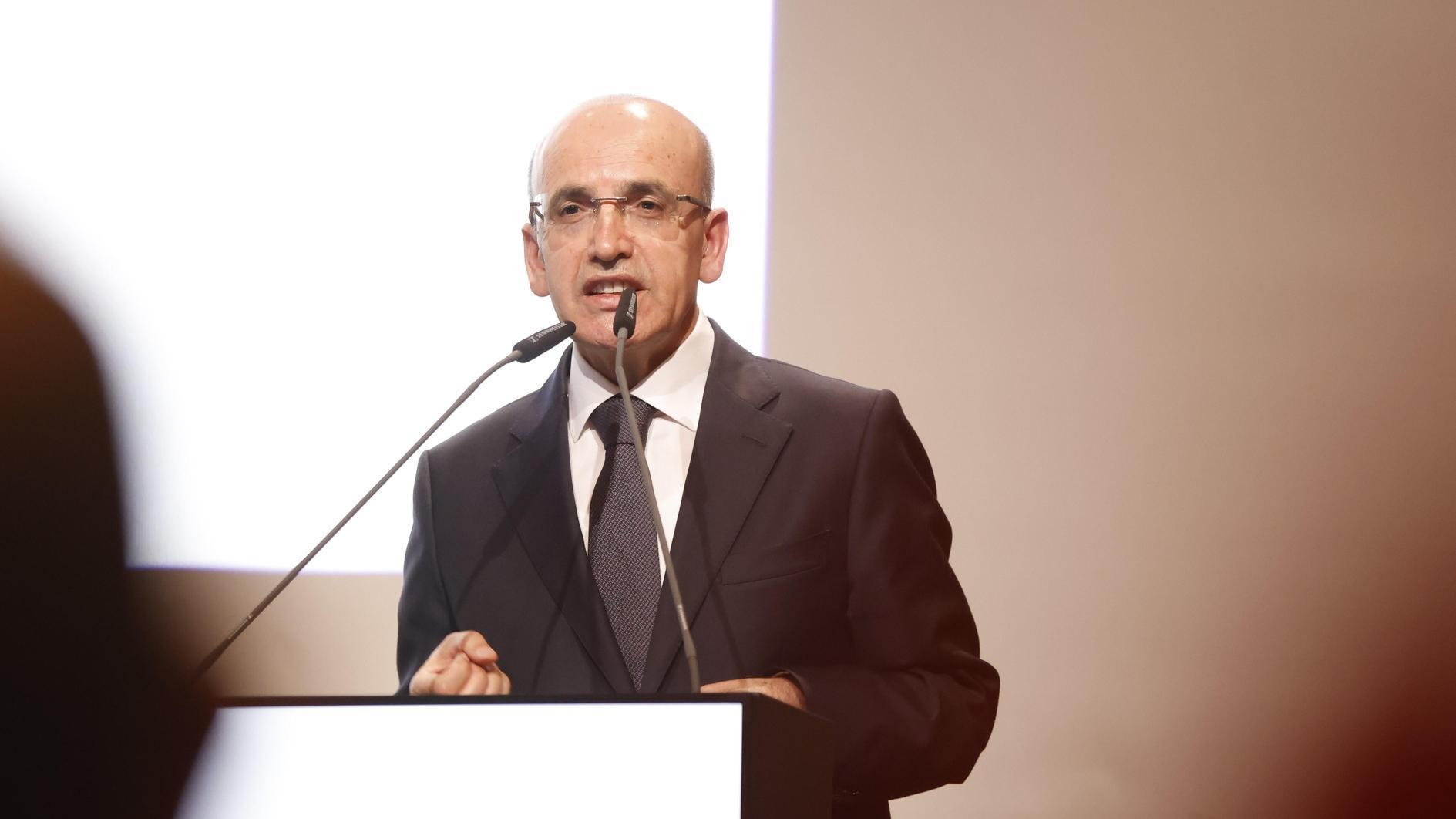Trial judge warns Trump over intimidation, seven jurors picked
NEW YORK

The judge in Donald Trump's historic criminal trial on Tuesday warned the Republican presidential hopeful against intimidating jurors as seven panelists were chosen with unexpected speed following questioning by both sides.
There had been speculation that jury selection could take weeks in such a high-profile and sensitive case — the first criminal trial of a former U.S. president, who also is running to return to the White House this November.
But Judge Juan Merchan ended the session saying he was hopeful opening arguments could begin as early as Monday.
After a preliminary phase in Trump's trial in which prospective jurors could opt out if they felt unable to be impartial or had extenuating circumstances, defense attorneys and prosecutors began questioning the candidates in depth.
Twelve jurors in total are needed, and six alternates will also be chosen.
For Trump to be convicted of his alleged fraud in a scheme to cover up an embarrassing alleged extramarital encounter with a porn star, the jury must render a unanimous verdict. Even one dissenting voice would see him walk free.
Merchan cautioned Trump at one point that his muttering was audible to one juror who faced scrutiny over social media posts.
"I will not have any jurors intimidated in this courtroom," Merchan said.
Trump, 77, has been ordered by Merchan to be in court daily, putting a major hitch in his campaign plans.
"I should be right now in Pennsylvania and Florida — in many other states, North Carolina, Georgia — campaigning," Trump said in angry remarks outside the court. He called Merchan "Trump-hating."
Meanwhile, President Joe Biden spent the day touting his economic policies in a visit to his birthplace in Scranton, Pennsylvania — a key swing state he narrowly carried in the 2020 election.
'Fascinating and mysterious'
Merchan has warned Trump against repeating his frequent past attempts to turn hearings into impromptu campaign appearances with outbursts at witnesses and staff, as well as tirades on social media.
The judge has already scheduled a hearing next week to consider whether Trump should be held in contempt for violating a partial gag order restricting him from attacking individuals connected to the case.
Illustrating the extraordinary tension, potential jurors have been told they will remain anonymous to the public throughout the proceedings. Merchan said this is to protect them from possible bribery or physical harm.
On Monday, more than half of the first batch of 96 candidates were excused after signaling they could not be impartial.
Then on Tuesday, prospective jurors were grilled on their media consumption, political donations and education.
A young Black woman in the pool of candidates said that, as a person of color, she has friends with strong opinions on Trump.
"You can't judge him because he speaks his mind," said another.
A third possible juror said he found Trump "fascinating and mysterious," prompting Trump's lawyer Todd Blanche to respond, "Umm, alright. Thank you."
Trump appeared to eye those in the jury box as they each answered 'yes' to a prosecutor's question about whether they would be able to return a guilty verdict.
Candidates were then asked individually about social media posts.
After court wrapped for the day, Trump went to Harlem, north of downtown Manhattan, to visit a convenience store where a worker had stabbed and killed a violent attacker in self-defense in 2022, and was initially charged with murder. The charges were subsequently dropped.
The former president complained to a select group of reporters while there that time was being wasted on his prosecution while murderers in New York allegedly went free, and also repeated inaccurate claims about migrants.
Trump faces three other criminal cases centered on his possession of top-secret documents after leaving office and his unprecedented attempts to overturn his 2020 election loss to Biden.
Those trials are arguably weightier in content, but Trump has succeeded in prompting continued delays, meaning they may not start before the November 5 election.
In his New York case, the Republican is accused of falsifying business records while covering up an alleged extramarital sexual encounter with adult film actress Stormy Daniels to shield his first election campaign, in 2016, from last-minute upheaval.
If convicted, Trump would potentially face prison, but legal observers say fines would be more likely.
















